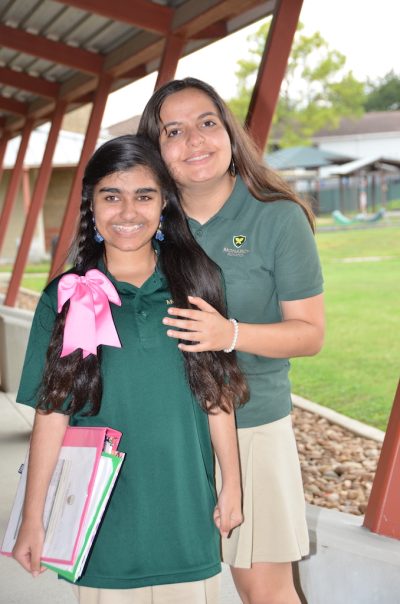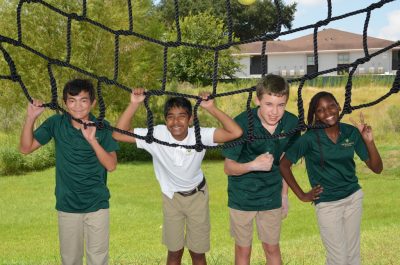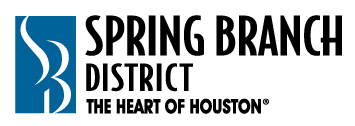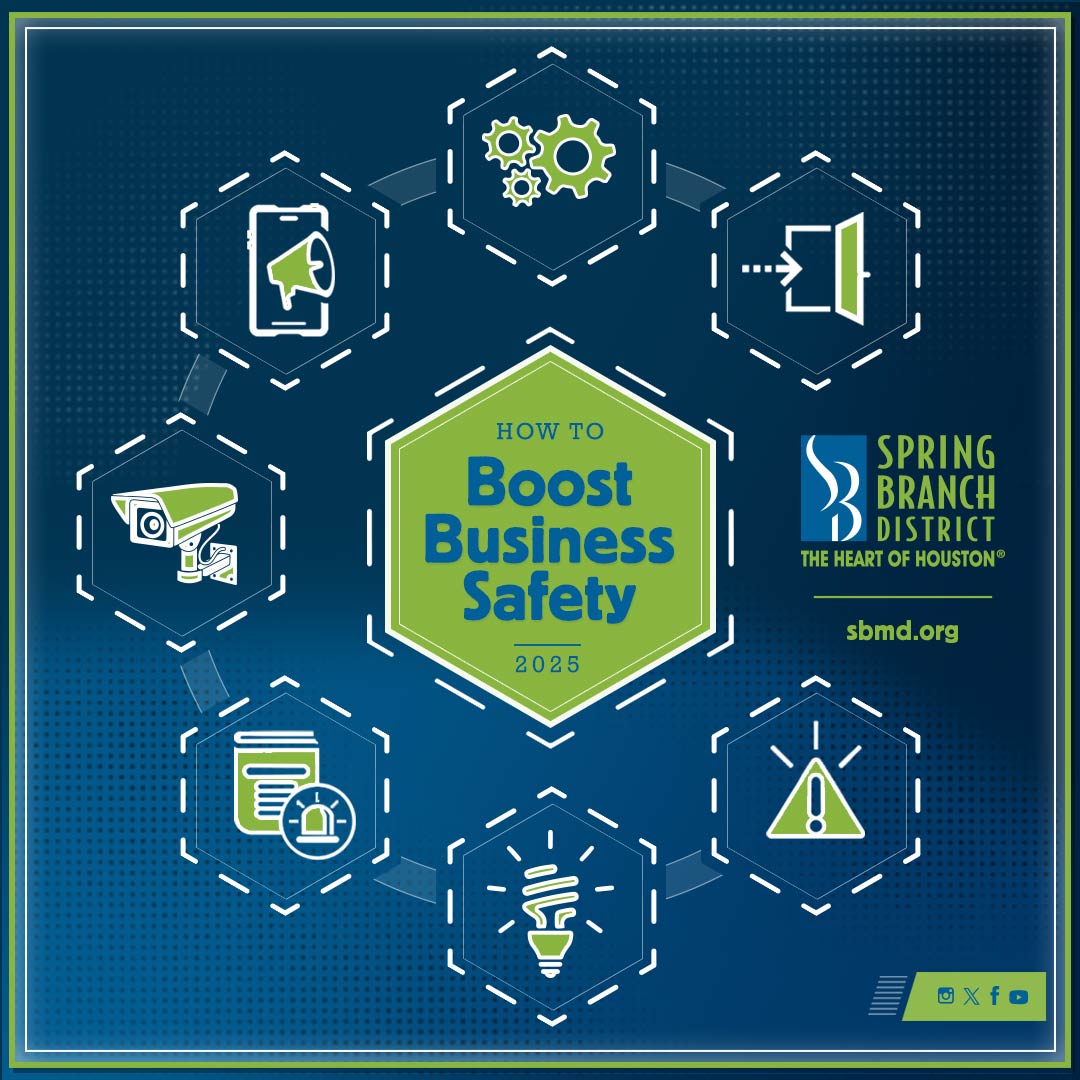 Spring Branch is the home to many different quality schools, from public and private to charter and religious schools. Among the more distinct is The Monarch School and Institute. It is structured to serve the needs of students with neurological differences and offers an innovative therapeutic education.
Spring Branch is the home to many different quality schools, from public and private to charter and religious schools. Among the more distinct is The Monarch School and Institute. It is structured to serve the needs of students with neurological differences and offers an innovative therapeutic education.
Students there often have been diagnosed with Autism Spectrum Disorder, Attention-Deficit / Hyperactivity Disorder, learning disabilities, or other neuro-developmental disorders that affect learning and development. They could experience difficulties in organization, planning, motivation, social/emotional development, and information processing.
The campus provides curricula that address the needs of these 100-plus children and young adults.
The Monarch School and Institute sits on 11 acres off Kempwood and Rosefield and houses educational/developmental programs for students Pre-K – 12 and beyond with transitional programs and residential opportunities. The campus has been serving students since the school was founded by Dr. Marty Webb in 1997.
The school and institute are firmly rooted in what they call Four Core Goals: 1) Executive Functioning, 2) Self-Regulation/Self-
Head of School Patti Pace stresses that the low teacher student to teacher student ratio, averaging 4:1, allows the campus to “modify and accommodate learning to meet students’ strengths and needs.”
“It is our job as educators and mental health professionals to foster joy in relationships and a love of learning,” Pace added. “We believe that everyone deserves to be treated with respect and that wisdom is the outcome of The Monarch School experience.”
The school’s Chrysalis Program serves students Pre K -12 to develop sensory motor coordination, relationships, and academics. Students will transition to the next level, the Bridge Program, which supports them as they prepare for greater independence. The Butterfly Program also serves students ages 12-21; at this level, students begin to plan post-graduation goals. The school has two other programs assisting students into adulthood. There is also a summer program.
Also, “We offer a very robust selection of electives that is driven by current students’ interests,” said Angela Hernandez, director of transitional services.
“It is an employability and career interests program, and it starts around age 12. It can look different year to year. We have everything from culinary arts, coding, digital arts, cinematography, video editing, and horticulture,” she said.
Learning at The Monarch School is about discovering students’ gifts and talents. What does that look like in a classroom?
 “The classrooms look different from what you might usually expect,” said Denise Daniels, director of the Butterfly Program. “There are not rows or some sort of tables; students use every part of the classroom to do their work. There is a lot of movement involved and hands-on, engaged learning.”
“The classrooms look different from what you might usually expect,” said Denise Daniels, director of the Butterfly Program. “There are not rows or some sort of tables; students use every part of the classroom to do their work. There is a lot of movement involved and hands-on, engaged learning.”
Employability is a priority in structuring learning opportunities for the individual student. The school works in partnership with corporations and organizations to introduce them to job skills.
Student success stories are as different as the students themselves. A group shared a story about a student who was an incredibly talented seamstress and clothing designer who was having trouble finding employment. She did not interview well because, as a part of her diagnosis, she struggled with “soft skills” such as making eye contact. The staff had her create a video kind of resume, which resulted in her working for Houston’s Theatre Under the Stars.
She is successful in that role, an example of the staff taking the time needed to stay vested in the student as an individual and exploring gifts and strengths.
The school works hard to remove limits or labels on its students. Rather than grouping students by traditional grade levels, they are placed in cohorts (groups) where they can be the most successful. Not to say that the school is unaware of the grade level; however, the emphasis is put more on not limiting their progress with a certain a level.
“Where you really feel the true impact of The Monarch School is when we educate a child and support development in a child, we not only impact the life of the child, but we work to impact the whole family. I am proud of that,” said Susan Saied, director of the Chrysalis and Bridge Programs.
Information about admission, tours and financial aid can be found at www.monarchschool.org.
Coming soon: An article about the adult development opportunities at The Monarch School and Institute.
— By Jessika Leal





